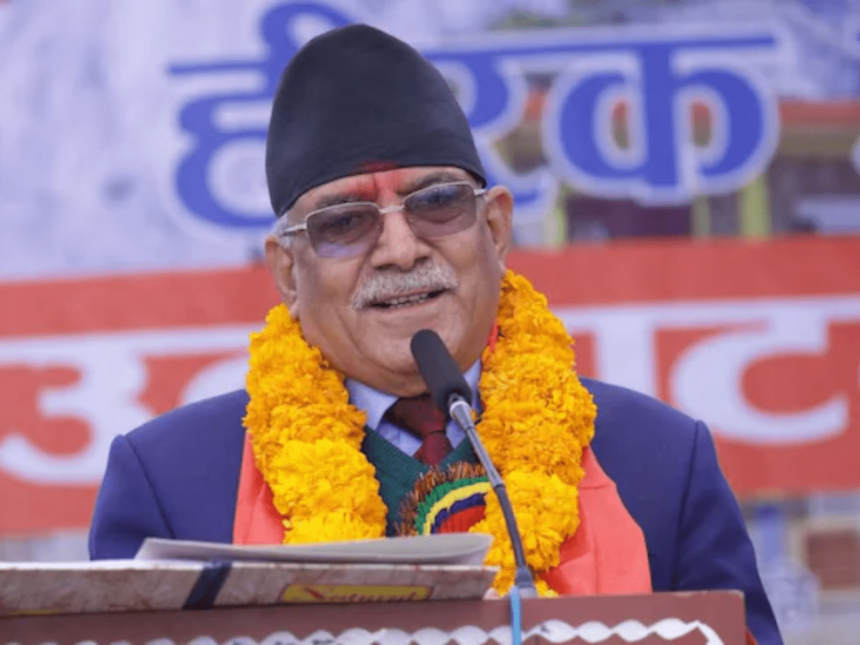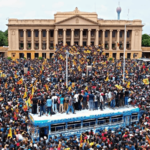In a recent development, the scheduled meeting of Nepal’s House of Representatives, which was set to take place on Sunday, has been postponed until Monday. The delay comes in response to the opposition’s demand for the resignation of Prime Minister Pushpa Kamal Dahal Prachanda. The call for his resignation stems from controversial remarks he made regarding an Indian businessman’s alleged attempts to secure his position as the country’s premier. These remarks have caused significant upheaval in the Himalayan nation.
The Parliament Secretariat issued a notice stating that the Sunday meeting could not proceed due to “special reasons” and has now been rescheduled for Monday at 3 pm. The decision to postpone the meeting followed a request from Prime Minister Prachanda himself. However, despite the rescheduling, the meeting was unable to commence on Sunday and has been further deferred, according to sources from the Parliament Secretariat.
The current political turmoil in Nepal arises from remarks made by Prime Minister Prachanda, who claimed that an Indian businessman had once made efforts to secure his appointment as the country’s premier. These comments have sparked controversy and outrage, with the opposition demanding Prachanda’s resignation. The opposition argues that such remarks undermine the sovereignty and integrity of Nepal’s political system, suggesting potential foreign interference in the nation’s affairs.
The postponement of the House of Representatives meeting highlights the gravity of the situation and the intense political atmosphere within Nepal. The delay provides additional time for negotiations, discussions, and the resolution of the ongoing political crisis. It remains to be seen whether Prime Minister Prachanda will address the opposition’s demands and take appropriate action to stabilize the situation.
Nepal has a long-standing relationship with India, with both countries sharing cultural, historical, and economic ties. However, allegations of foreign interference in domestic politics are taken seriously in Nepal, given its historical struggle for sovereignty and independence. The opposition’s demand for the Prime Minister’s resignation underscores the importance of upholding the nation’s autonomy and ensuring transparent and accountable governance.
The House of Representatives is a critical institution in Nepal’s parliamentary democracy, responsible for making laws, scrutinizing the government, and representing the interests of the people. Postponing the meeting signifies the need to address the current crisis and restore stability and trust within the political system. It also reflects the importance of maintaining open channels of communication and dialogue among political stakeholders to find a viable solution.
As Nepal moves forward, it is essential for the government, opposition, and all relevant stakeholders to engage in constructive dialogue and seek a resolution that upholds democratic values, national sovereignty, and the interests of the Nepalese people. The postponement of the House of Representatives meeting serves as a reminder of the challenges that lie ahead and the importance of finding a way forward that ensures a stable and prosperous future for Nepal.




